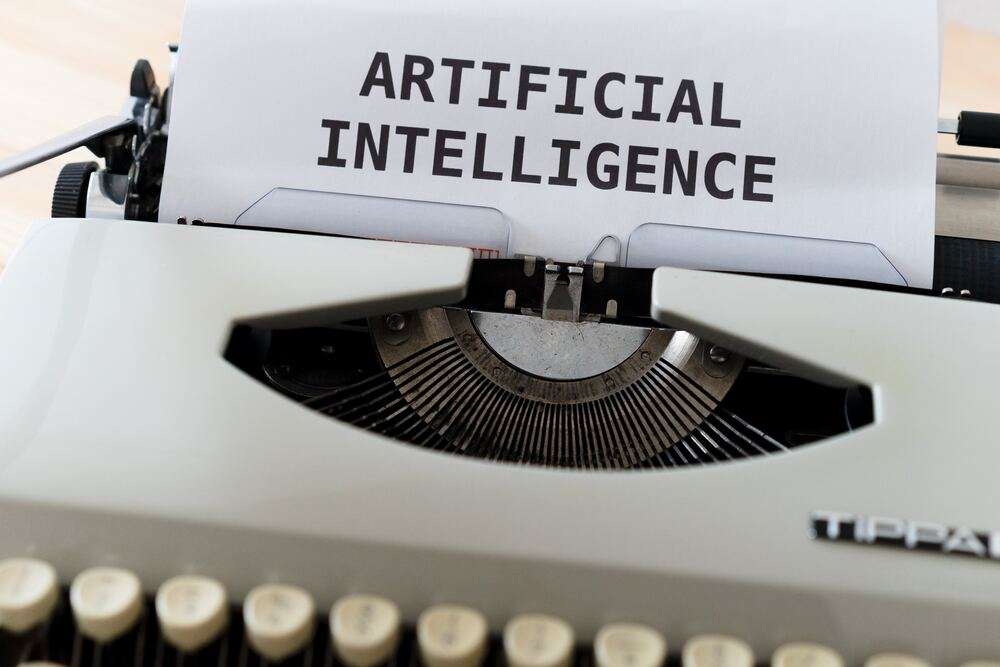One of the significant challenges in thyroid research is the difficulty in accurately diagnosing these thyroid disorders. Despite the prevalence of these disorders and advances in medical technology and research, the diagnosis of thyroid disorders remains a significant challenge for healthcare professionals. Accurate and timely diagnosis is crucial in effectively treating thyroid disorders, but the complexity of thyroid function and the wide range of symptoms associated with thyroid disorders often make diagnosis difficult.
The rest of this article briefly explores the difficulty in diagnosis as a challenge in thyroid research, and addresses some factors that contribute to this challenge and the impact it has on patients and healthcare professionals.
There are various ways thyroid dysfunction can manifest, making it challenging to diagnose accurately. Hypothyroidism, one of the most common thyroid disorders, occurs when the thyroid gland produces insufficient thyroid hormone. Symptoms of this condition include weight gain, fatigue, constipation, and depression. These symptoms are, however, not specific to thyroid dysfunction and can occur in many other conditions, making it challenging to diagnose hypothyroidism based on symptoms alone.
Thyroid function tests, which include measuring blood levels of thyroid-stimulating hormone (TSH) and free thyroxine (T4), are commonly used to diagnose thyroid disorders, with TSH as the primary biomarker for assessing thyroid function. TSH levels are also used to guide levothyroxine treatment for hypothyroidism.
Laboratories use reference ranges with upper and lower limits to define normal TSH levels. TSH levels beyond these limits are considered abnormal and indicative of thyroid dysfunction. However, the level of TSH in the blood can be limited in its utility in determining normal thyroid function or thyroid hormone status. Several factors can affect TSH levels, including age, sex, iodine status, medications, and underlying medical conditions. Moreover, reference ranges for TSH and T4 vary from one laboratory to another and may not be appropriate for all populations.
A high level of TSH in the blood, alongside a low level of T4, typically indicates hypothyroidism. However, suppose TSH levels are high, while T4 and T3 levels are normal. In that case, that is generally indicative of subclinical hypothyroidism, which usually does not present symptoms and, in some cases, may not require treatment as it can resolve on its own. The significance and management of subclinical thyroid dysfunction remain controversial, and guidelines on diagnosis and treatment vary between different medical organizations.
This difficulty in making straightforward diagnoses can slow down thyroid research by hindering the identification of patients with thyroid dysfunction for clinical trials and epidemiological studies. This is especially true as it is challenging to efficiently screen the population for the prevalence of undiagnosed thyroid disorders like hypothyroidism, as many factors typically come into play in making an accurate diagnosis for each person. This challenge complicates efforts to understand the mechanisms underlying thyroid disorders and develop effective treatments. Therefore, there is the need to establish biomarkers for thyroid hormone status that can be assessed more easily.
Key Takeaways
- The complexity of thyroid function and the range of symptoms and causes of thyroid dysfunction make accurate diagnosis challenging. There are even no apparent symptoms in some cases (subclinical hypothyroidism).
- Thyroid function tests are the standard blood tests used for the diagnosing thyroid conditions such as hypothyroidism and hyperthyroidism.
- TSH is limited in its function as a biomarker for assessing thyroid function and thyroid hormone status.
- It is possible for patients to go undiagnosed or receive an incorrect diagnosis, leading to delayed or inadequate treatment.
- The difficulty in diagnosis makes a large-scale screening of thyroid conditions challenging.
- More research is needed to establish more robust biomarkers and diagnostic tools for thyroid function and hormone status.
To read about other challenges in thyroid research, click on any of the following:
- Challenge #2: Difficulty in diagnosis




